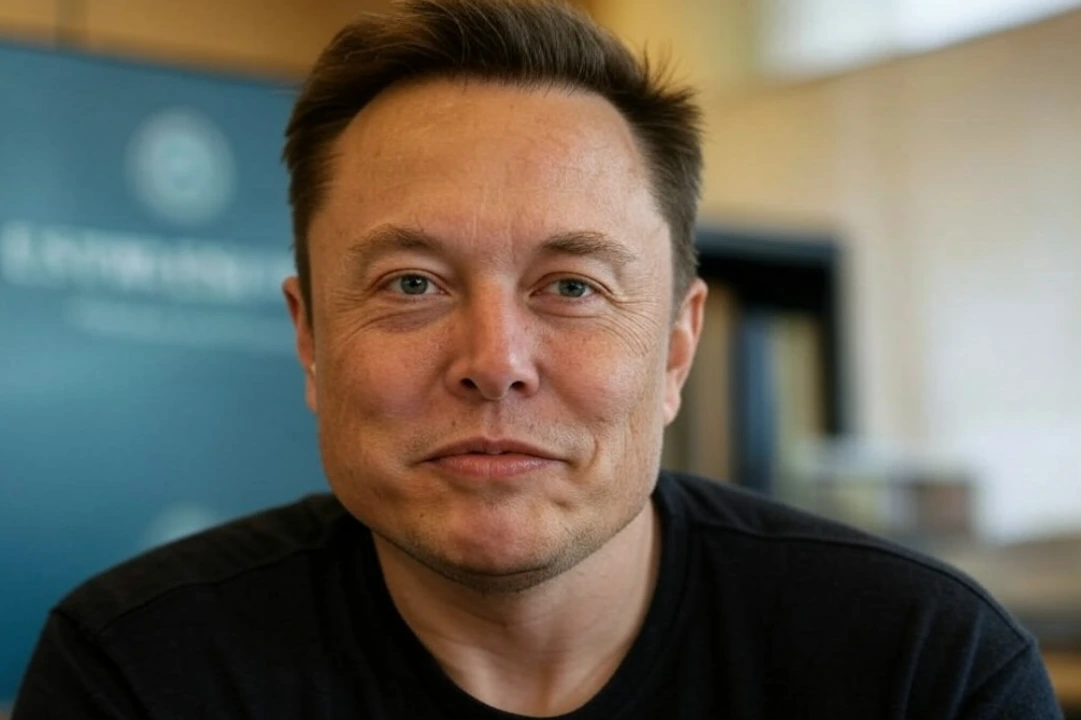In a significant and controversial development, Elon Musk’s Department of Government Efficiency (DOGE) has been granted access to the U.S. Treasury Department’s payment system. This system processes over $6 trillion annually, including Social Security, Medicare benefits, and tax refunds, and contains sensitive personal information of millions of Americans. The move has sparked a heated debate over the implications of such access.
Background: The Formation of DOGE
Established under President Donald Trump’s administration, the Department of Government Efficiency (DOGE) is led by billionaire entrepreneur Elon Musk. The primary objective of DOGE is to identify and eliminate waste, fraud, and inefficiencies within federal government operations. Musk’s appointment to this role was met with both praise and skepticism, given his reputation for innovation and his extensive involvement in government contracts.
The Path to Access: Overcoming Internal Resistance
The journey to obtaining access to the Treasury’s payment system was fraught with internal challenges. David Lebryk, a long-serving Treasury official, resisted DOGE’s requests for access, citing concerns over the sensitivity of the data and the potential risks involved. Following a standoff, Lebryk was placed on leave and subsequently retired. Treasury Secretary Scott Bessent eventually granted Musk’s team the desired access, marking a pivotal moment in the initiative.
Scope of Access: Understanding the Capabilities
The access granted to DOGE is described as “read-only,” allowing Musk’s team to review the system’s operations without the ability to alter data or execute transactions. This level of access enables DOGE to monitor payment processes, identify inefficiencies, and propose improvements. However, the exact parameters of this access and the specific data available to DOGE remain under scrutiny.
Rationale Behind the Access: Musk’s Allegations
Elon Musk has publicly expressed concerns about the Treasury’s payment controls, alleging that officials were instructed to approve payments indiscriminately, even to known fraudulent or terrorist entities. These claims, made without substantiating evidence, have been a driving force behind DOGE’s push for access, aiming to audit and rectify potential vulnerabilities within the system.
Concerns and Criticisms: Weighing the Risks
The decision to grant DOGE access has been met with significant criticism from various quarters:
- Political Interference: Critics argue that allowing a politically appointed team to access such a critical system undermines the non-partisan nature of federal financial operations.
- Data Privacy: There are concerns about the potential misuse of sensitive personal information, including Social Security numbers, by non-governmental personnel.
- Economic Stability: Experts warn that any disruptions or mismanagement could have far-reaching consequences for the nation’s economy, affecting timely disbursement of benefits and payments.
Support and Justification: The Case for Access
Proponents of the move highlight several potential benefits:
- Enhanced Efficiency: Musk’s track record in streamlining operations could lead to significant improvements in the payment system’s efficiency.
- Fraud Detection: An independent review by DOGE may uncover fraudulent activities that have previously gone unnoticed.
- Cost Savings: Identifying and eliminating wasteful practices could result in substantial savings for taxpayers.
Future Implications: What Lies Ahead
The long-term impact of DOGE’s access to the Treasury’s payment system remains to be seen. Continuous oversight and clear boundaries will be essential to ensure that the access is used appropriately and that the integrity of the system is maintained. The situation underscores the delicate balance between innovation in government operations and the preservation of established protocols and safeguards
Frequently Asked Questions (FAQs)
- What is the Department of Government Efficiency (DOGE)?
- DOGE is a department established under President Trump’s administration, led by Elon Musk, aimed at identifying and eliminating waste and inefficiencies in federal government operations.
- What level of access does DOGE have to the Treasury’s payment system?
- DOGE has been granted “read-only” access, allowing them to review but not alter data or execute transactions.
- Why was there resistance to granting DOGE access?
- Concerns were raised about the sensitivity of the data, potential risks of misuse, and the precedent of allowing non-governmental personnel access to critical systems.
- What are the potential benefits of DOGE’s access?
- Potential benefits include improved efficiency, enhanced fraud detection, and cost savings for taxpayers.
- What are the main criticisms of this decision?
- Critics highlight risks related to political interference, data privacy, and potential economic instability due to mismanagement.
- Has DOGE provided evidence for claims of fraudulent payments?
- As of now, Musk’s claims about indiscriminate payment approvals have not been substantiated with evidence.
- What was David Lebryk’s role in this situation?
- David Lebryk was a long-serving Treasury official who resisted DOGE’s access requests and subsequently retired after being placed on leave.
- How does this access impact the average American?
- While the intent is to improve system efficiency, there are concerns about the security of personal information and the timely disbursement of federal payments.
- What safeguards are in place to prevent misuse of this access?
- The “read-only” nature of the access serves as a safeguard, but the effectiveness of oversight mechanisms remains a topic of discussion.
Read Also- Marvel Snap Banned in the U.S. : What You Need to Know
